Skill-Building In Japan Through Extracurriculars
The Power and Promise of Japanese After-School Activities
A quick guide to choosing your young child’s after-school activities in Japan.
Whether you’re just dipping your toes into the world of extracurricular activities with your young child, or you’re already practiced at juggling kid schedules and interests after-school, read on to learn about why and how extracurricular activities or naraigoto in Japanese can be a positive influence in your family’s life.
A gateway to Japanese society
Little kids need time to play and grow at their own pace. But they also need positive learning experiences that set them up for success in Japanese society. Indeed, here in Japan, the choice of whether to send your young kid to extracurriculars is not only considered from the point of view of individual family philosophies. Rather, it is viewed as an essential step to familiarizing children with living as part of larger Japanese society. Unlike bukatsu (club activities) or other extracurriculars run by preschools or elementary schools, naraigoto are activities in the private sector which are unrelated to children’s primary schooling.
an essential step to familiarizing children with living as part of larger Japanese society
So, for one thing, the kids in a naraigoto are not the same ones your child sees at school every day and they are all there (hopefully!) because of a shared interest which can foster friendships. They also learn persistence and perseverance in extracurriculars while navigating new teachers and other kids, much like the experiences of bukatsu awaiting them in late elementary school and beyond, or even the company teams and events of the adult world. Also, naraigoto can complement (pre)school curriculum by helping young children with their greetings, physical strength and flexibility, fine motor skills and/or concentration.
Choosing an activity
In the not-so-distant past in Japan, parents chose their kids’ naraigoto. Recently, however, other parents I spoke with as well as contemporary parenting books and websites that I consulted almost unanimously recommended letting your child guide the process. In other words, feel out if they are interested in participating in activities, and which they feel drawn to.
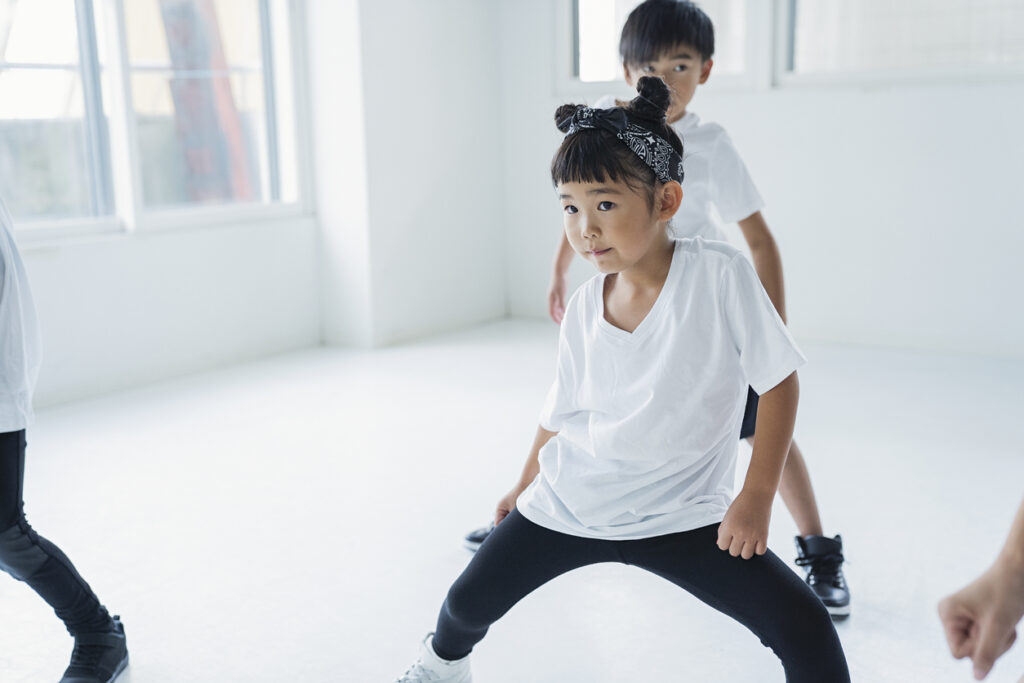 © Photo by iStock: Yagi-Studio
© Photo by iStock: Yagi-StudioOf course, this is not to say that we should blindly sign them up for whatever strikes their fancy; little kids often change interests and predilections as they try out social roles for themselves. Also, three to seven year olds really can’t grasp the time and resource constraints that may factor into your decision-making. And so, in this balancing act, it’s important to be clear about your family’s situation as well as allowing your child room to explore.
A quick guide to naraigoto for kindergarteners and early elementary students
Below, I’ve compiled a list of naraigoto (by “category”) that are popular and sought-after by modern parents of kindergarten and early primary kids. Happy perusing!
The Popular Crowd
Swimming:
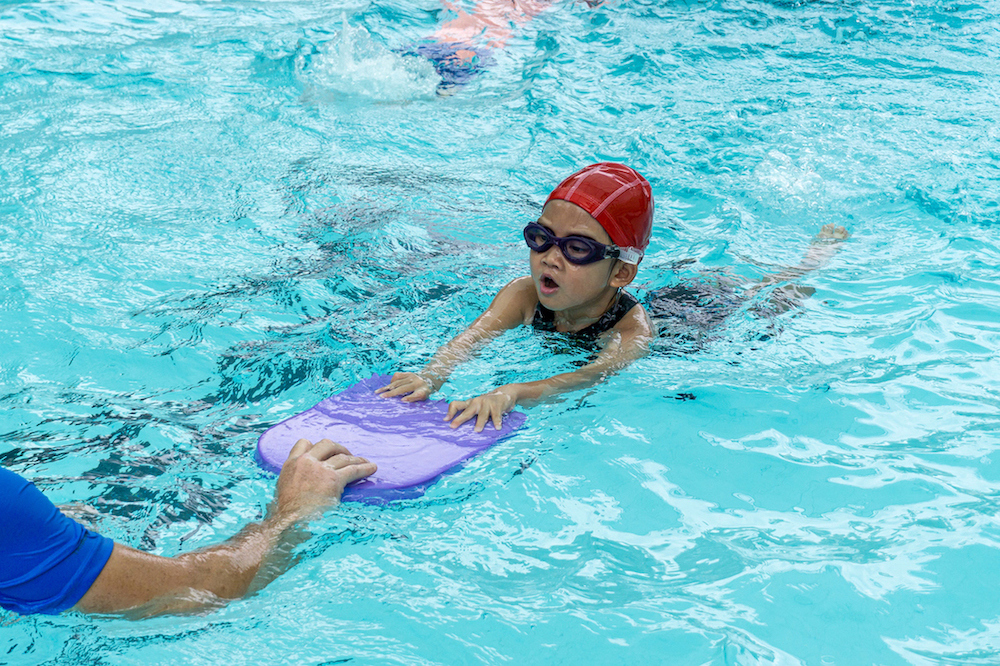 © Photo by iStock: Ratchapoom Anupongpan
© Photo by iStock: Ratchapoom AnupongpanLearning how to swim is a life skill and is relatively cheap as naraigoto go. It’s also great for overall fitness and agility. Some kids might be stressed out by the often-required bus commute while others would find that fun. Also, potential COVID-19 risks on the bus and in the locker rooms dissuaded many parents in recent years from this popular activity.
English:
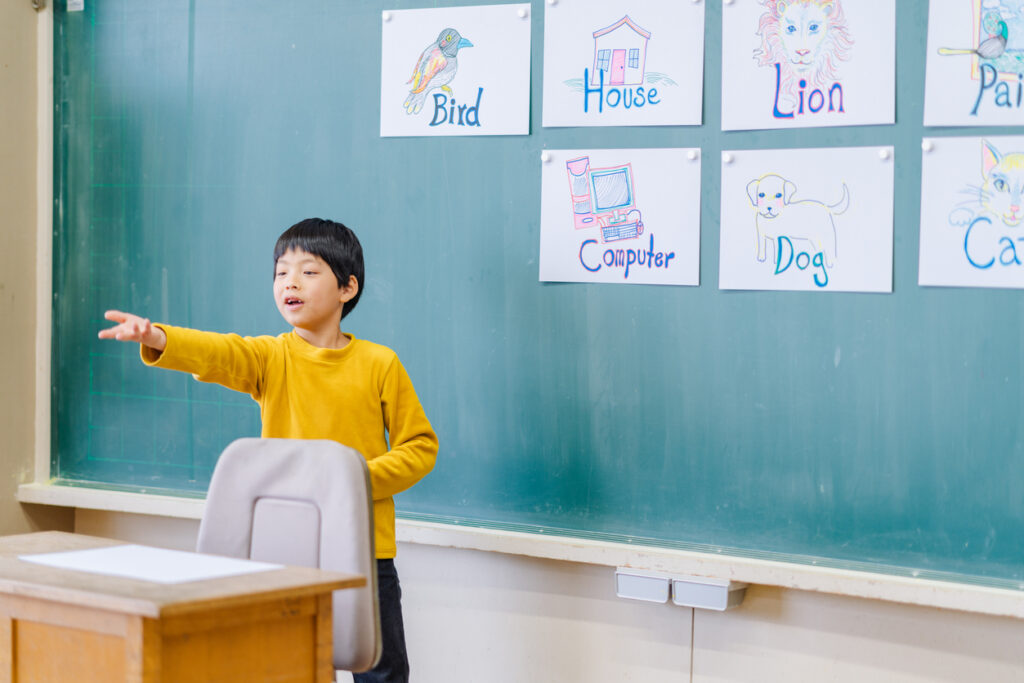 © Photo by iStock: recep-bg
© Photo by iStock: recep-bgDepending on your family situation, sending your child to an English conversation school or after-school program can achieve different goals. It can be a head start in a school subject, as well as excellent exposure to a language other than Japanese at a young age. It is also helpful in supporting learners of English as a heritage language as well, especially as some kids like learning better from someone other than mommy and daddy. But, these programs can be expensive, as well as challenging for shy kids who may be asked to speak a lot in their class.
Piano:
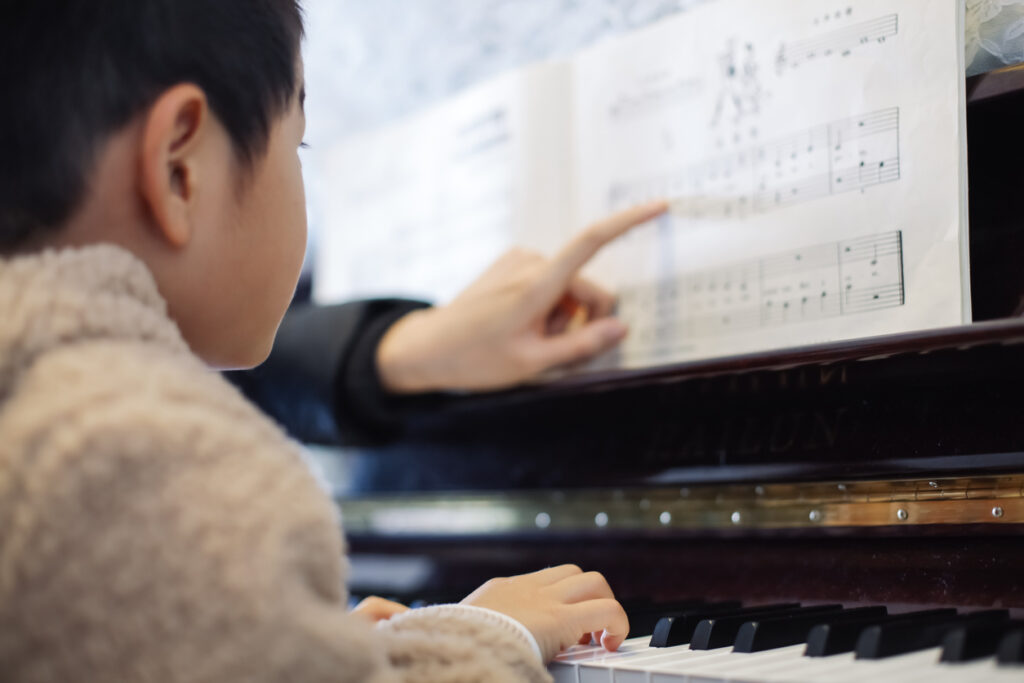 © Photo by iStock: wonry
© Photo by iStock: wonryMusical education of any kind strengthens both sides of the brain and piano is also great for improving fine motor skills, which is important for preschoolers. For older kids, the practice with performing, alone or in groups, is very helpful for later school requirements. Of course, private piano lessons can be expensive and don’t forget to budget for a piano or keyboard at home: your little one needs somewhere to practice.
For Concentration and Study
Juku (cram school):
 © Photo by iStock: byryo
© Photo by iStock: byryoIf you are aiming for private schools or entry into a prestigious junior high, juku, which often gets a bad rap, is the way to go. Even though the kids themselves may not enjoy it the most, it will undoubtedly give them a head start in school subjects as well as invaluable lessons in how to study and prep effectively for tests moving forward. Tip: at the youngest students’ level, juku tend to start off very gently, even letting kids play with toys to encourage their attendance.
Soroban (abacus):
 © Photo by iStock: miljko
© Photo by iStock: miljkoSending your kid to soroban gives them a head start in math. Despite it being study oriented, in my experience, kids tend to like it well enough — maybe it’s the tactile nature of manipulating the abacus itself! It’s also great for overall concentration skills. For this activity as well, private lessons are expensive. Additionally, it may not be the best place for the most active children.
For Movement and Strength
Karate:
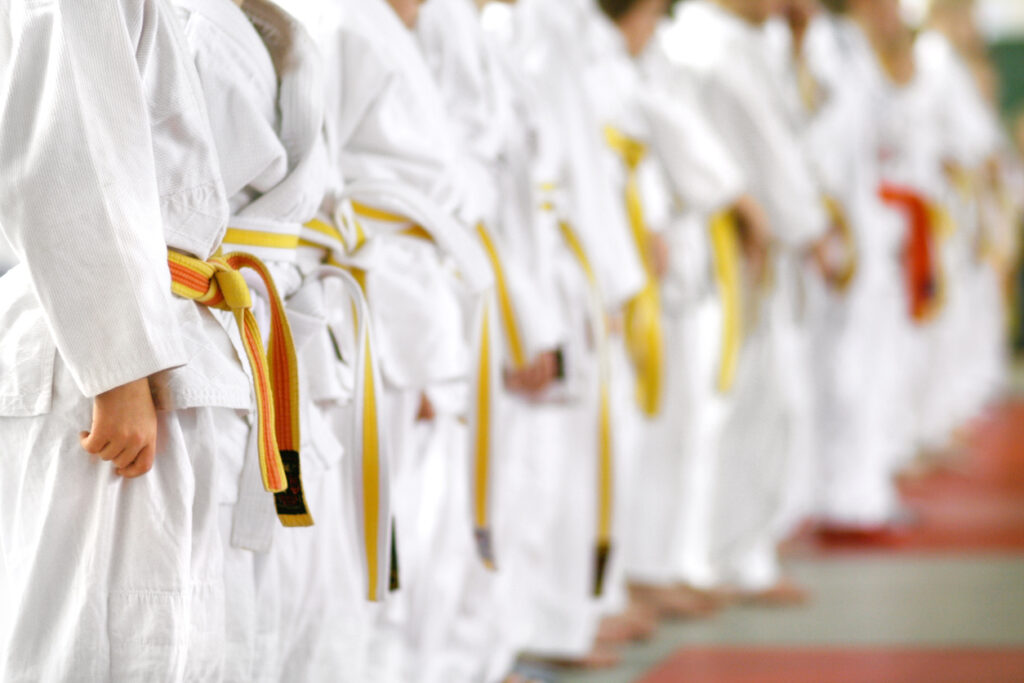 © Photo by iStock: Nikada
© Photo by iStock: NikadaBesides being great for flexibility and fitness, karate also is a made-in-Japan training for culture and manners, such as greetings. While many children love their karate class, others are put off by the strictness of the instruction. Also, it can defy expectations of little learners hoping to be like their favorite superhero so encouraging a longer term commitment could be tricky for some kids.
Tennis:
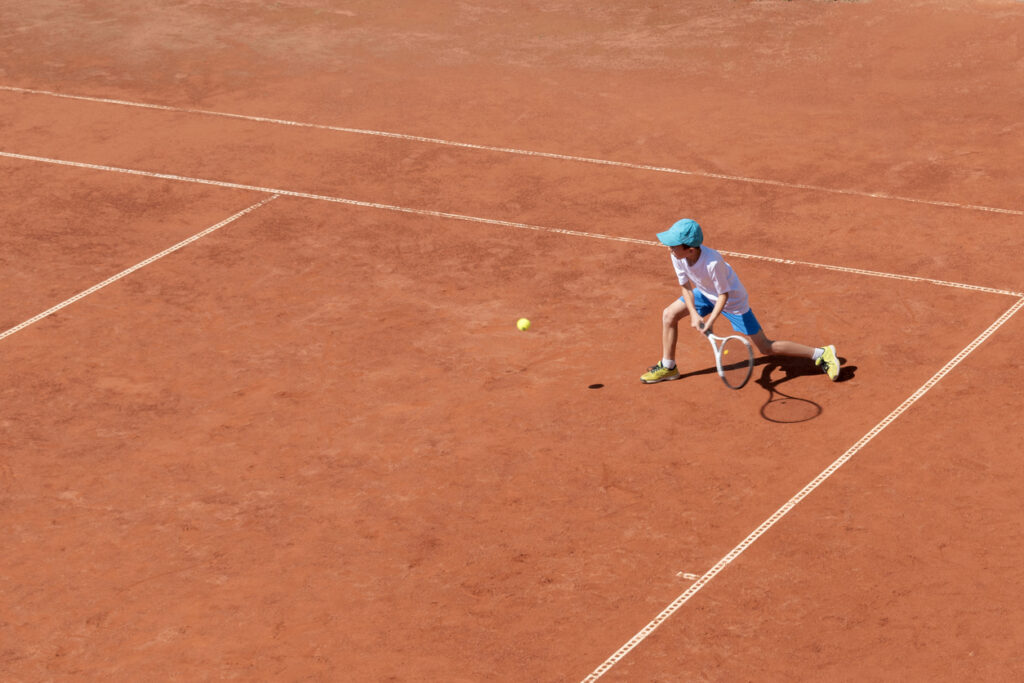 © Photo by iStock: Elkhophoto
© Photo by iStock: ElkhophotoTennis, great for fitness and hand-eye coordination, is often held in small group lessons which net your kid teacher time and practice with peers. It also can be an indoor or outdoor activity depending on the weather, and your choice of school. Tennis is one of the most physically strenuous activities on this list for preschoolers so keep that in mind if you have a lower energy kid.
Ballet:
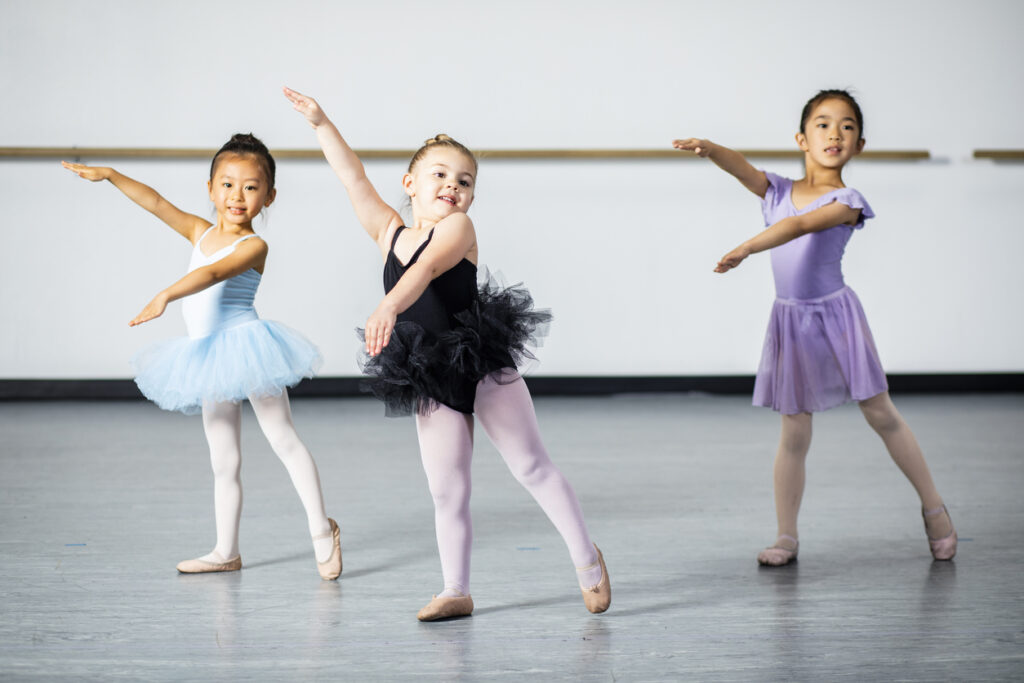 © Photo by iStock: adamkaz
© Photo by iStock: adamkazBallet classes in Japan are excellent for flexibility and fitness, even if you aren’t expecting your child to continue with it long-term. They also often include greeting and manner training and offer your kid the chance to perform in front of an audience. However, ballet is known for being quite expensive, especially in its upfront costs for the uniform (leotard, tights, shoes, etc.) and is the most gendered extracurricular on this list.
So, what are you waiting for? Try out some activities with your little one and see the benefits for yourself. Be sure to take advantage of Japan’s system of kengaku (observation) and taiken ressun (trial lesson) that allow you to check out and participate in naraigoto free of charge (sometimes more than once!) to see if it’s the right fit for you and your child.












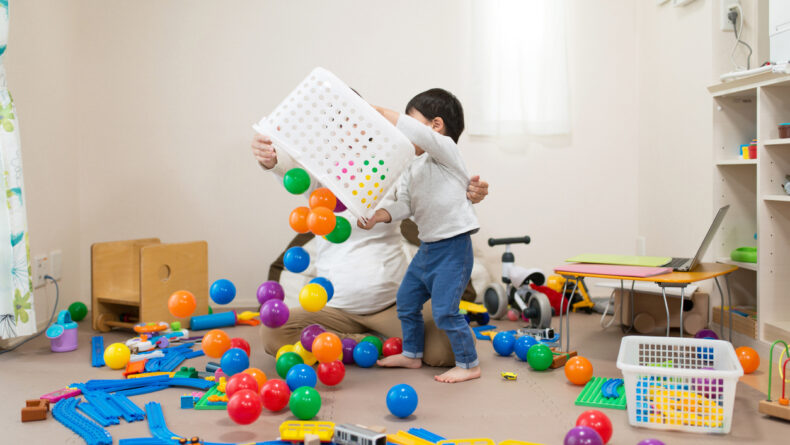
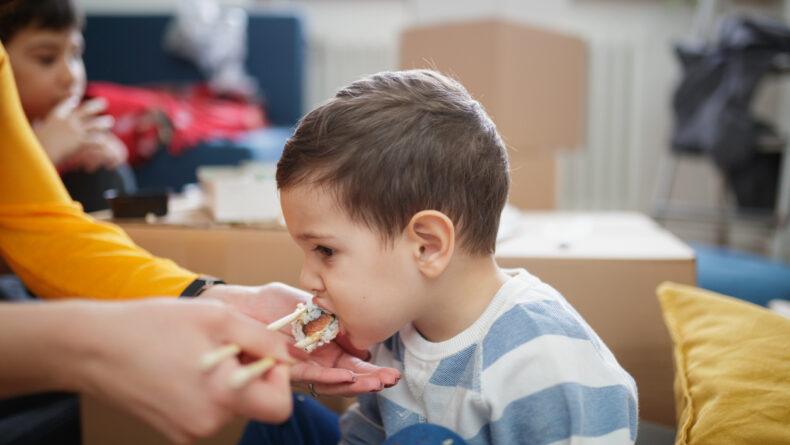
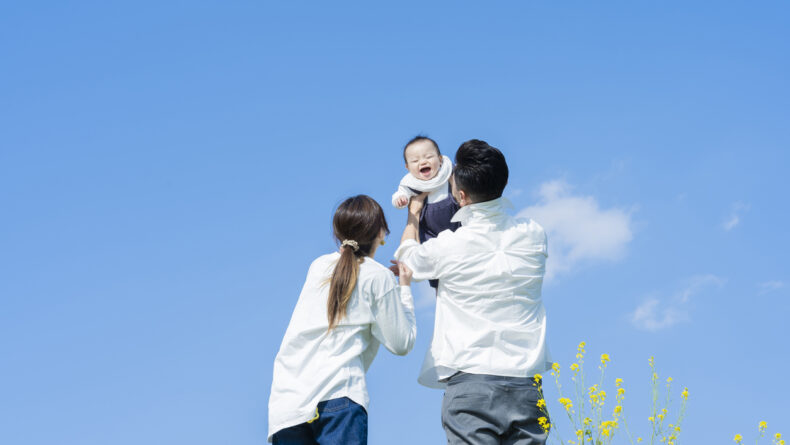

Leave a Reply